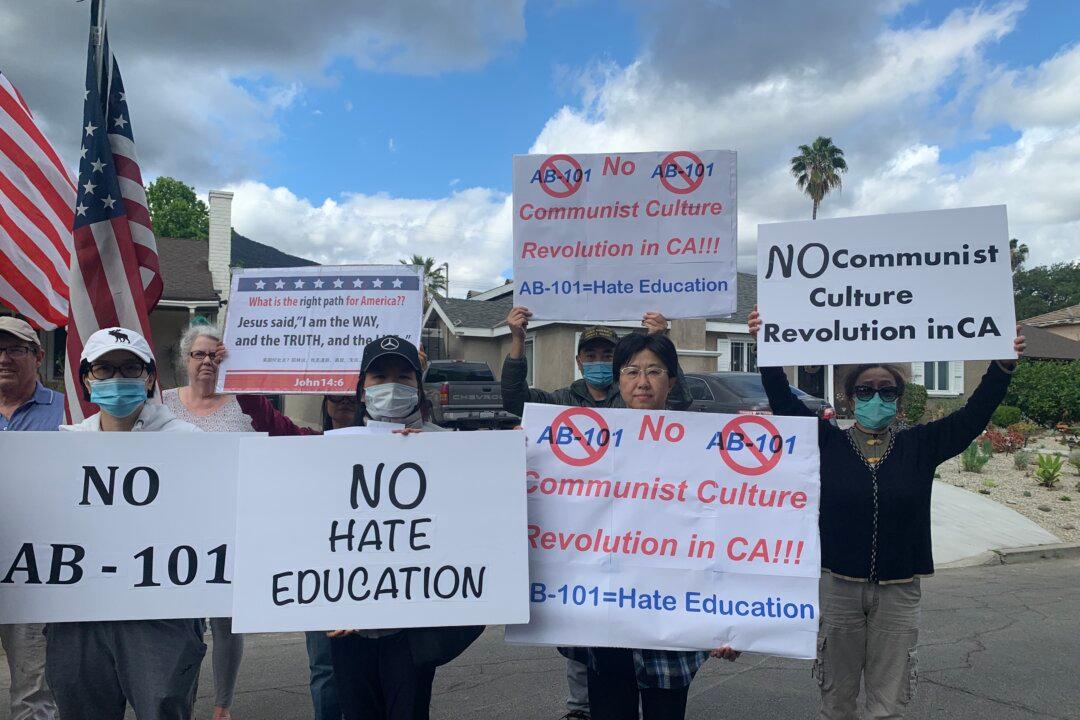Proposed legislation that would make “ethnic studies” a high school graduation requirement has moved one step closer to becoming law in California.
The California Assembly voted 58–9 in favor of Assembly Bill 101 (AB 101) on May 27, sending it to the state Senate. According to its opponents, the legislation would force students to learn critical race theory, while supporters say the bill would promote a more inclusive curriculum.





